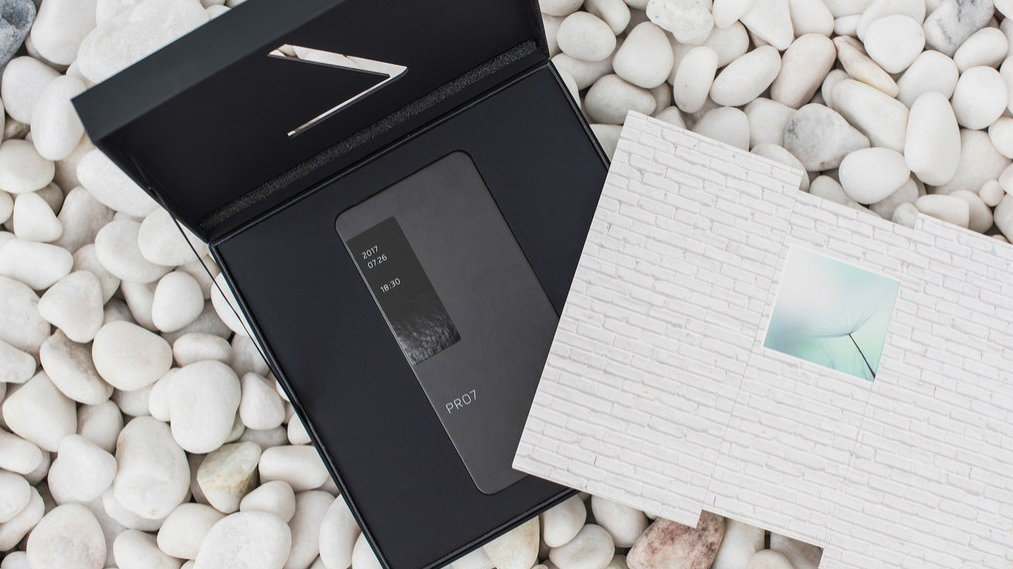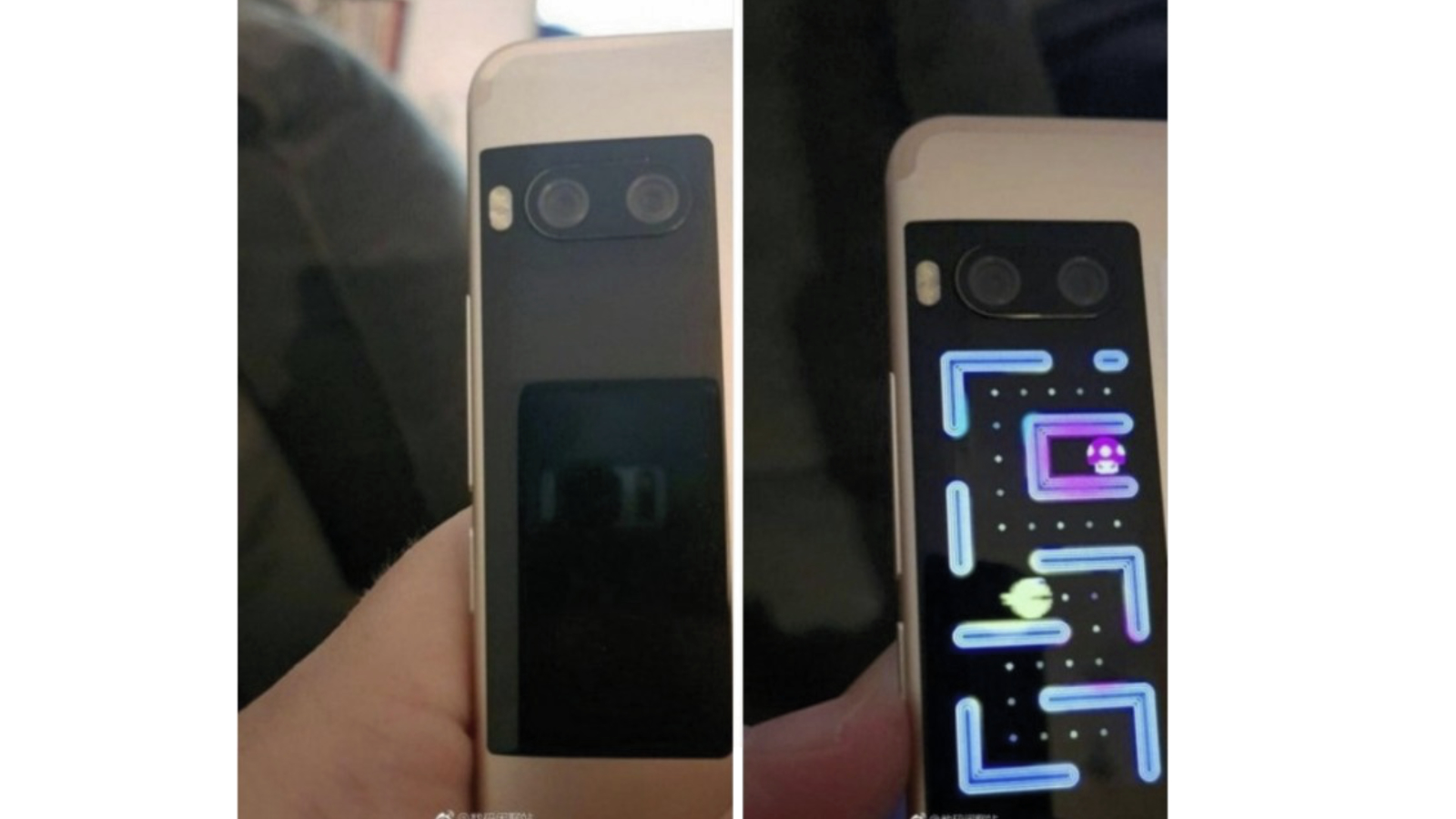Meizu’s upcoming smartphone wants you to check out its rear
All about Meizu’s two-screened phone

Update: Meizu's Pro 7 and Pro 7 Plus have officially been announced, each with dual cameras, and an inventive rear-facing second screen that offers a glimpse at your notifications, an alternative way to control your music, and can mirror your screen so that you can line up your selfies.
Meizu’s next smartphone aim to change the way that you look at your phone. By that, we mean that it wants you to look at the back of it.
The Meizu Pro 7 is confirmed to launch on July 26, but while most companies rely on the front of its phones to grab your attention, Meizu’s putting its focus on the rear of the Pro 7.
Have a look at the red Meizu PRO 7. pic.twitter.com/rxdJwB8ce0July 26, 2017
According to Android Authority, the 7 Pro will feature a tall LCD display that can display certain games, possibly aid in lining up the perfect selfie from its rear dual-cameras, as well as showing pertinent notification info in a more discrete manner than the front screen can handle.
The tale of two screens
Talk of a second display quickly loops in several other Android smartphone manufacturers who have tried something similar. The HTC U Ultra, LG V10, LG V20 each utilize a second screen to offload info and app icons, albeit on the front of the display. The YotaPhone 2 innovated early on with an e-ink screen on its back, though the end result wasn’t too swell.
A rear-embedded display is obviously a novel idea, though we haven’t seen in executed well enough to get excited about. And if that doesn’t pan out, the Meizu Pro 7 doesn’t look to be much of a stunner in any other regard, especially for its leaked starting price of $412.
Standing out amongst the rumored specs, the 5.2-inch phone is said to launch with a 1080p display and be powered by the Mediatek Helio X30 chipset. Of course, we won’t truly know how it stacks up to other phones in that price range, like the OnePlus 5, until we try it later this year.
Sign up for breaking news, reviews, opinion, top tech deals, and more.
(Lead image credit: Twitter)

Cameron is a writer at The Verge, focused on reviews, deals coverage, and news. He wrote for magazines and websites such as The Verge, TechRadar, Practical Photoshop, Polygon, Eater and Al Bawaba.
